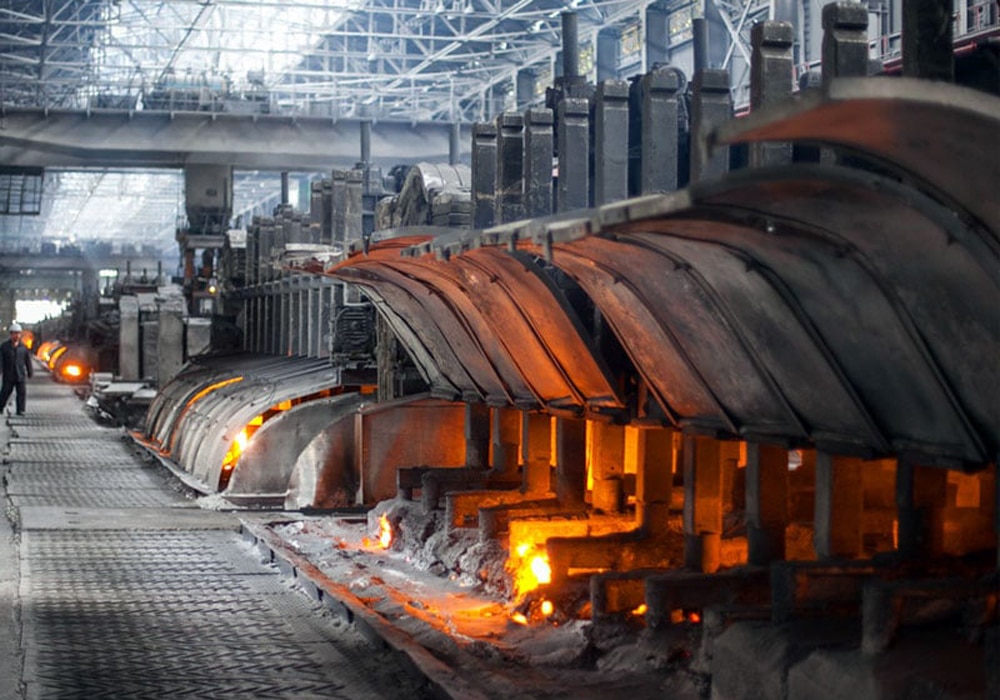The self-sufficiency of the countries of the region and the heavy sleep of the Iranian aluminum industry
In the Middle East, the Arab Cooperation Council of the Persian Gulf is one of the main areas of activity in the field of aluminum. With a production capacity of nine percent, the region’s primary aluminum needs are one of the main pillars of this important and influential industry. & nbsp; This region is made…

In the Middle East, the Arab Cooperation Council of the Persian Gulf is one of the main areas of activity in the field of aluminum. With a production capacity of nine percent, the region’s primary aluminum needs are one of the main pillars of this important and influential industry.
& nbsp; This region is made up of 6 Arabic countries, among which five are active in the production of aluminum. The Arab Emirate is ranked fourth in the world in 2015, with an average annual production of more than 2.3 million tons of aluminum billet, after China, Russia and Canada.
Important feature and superiority of Arab countries compared to other countries active in the aluminum sector Easy access to oil & nbsp; Fossil fuel is cheaper than other countries, which has reduced the cost of energy needed to produce primary aluminum in the countries concerned than other rival countries. Although fossil fuel power plants are in second place in terms of utilization of power plants, but access to natural gas resources and its lower costs than other countries, in lowering energy-related costs, has given a significant boost to the aluminum industry activists in the area. .
Lack of aluminum mineral resources, bauxite, has led to the lack of energy costs in the region, which hinders the growth of the industry in this region, and many countries are suffering from this dilemma. Among the Arab countries, only Saudi Arabia has mines of bauxite, while it’s also not meeting the needs of Saudi Arabia. As a result, countries in the region of Alumina (refined bauxite product) are in need of import.
In the Arabian Gulf States, only Saudi Arabia has a bauxite mine with a bauxite refining unit as well as alumina production. The production unit, with a capacity of just over 1.8 million tons in 2014, is currently operating on account of Saudi Arabia’s bauxite limit of 50 per cent of its actual capacity. In competition with Saudi Arabia, the United Arab Emirates has recently begun the construction of a bauxite refinery alongside the Emal Primary Aluminum Production Plant, with a production capacity of & nbsp; in the first phase of 2 million tons per year. The bauxite needed for this unit is also provided by Guinea.
Thus, what the statistics show is the tendency of countries and aluminum manufacturers to self-sufficient in refining bauxite and supplying their alumina to reduce the cost of primary aluminum production and to compete with other aluminum industry competitors Difficult.
